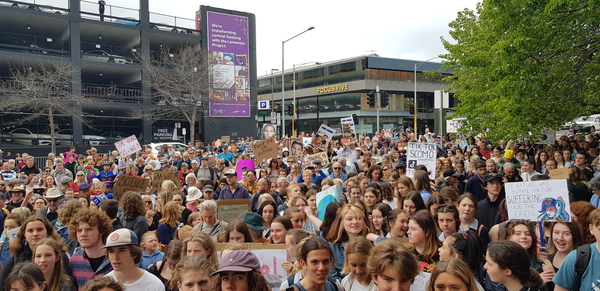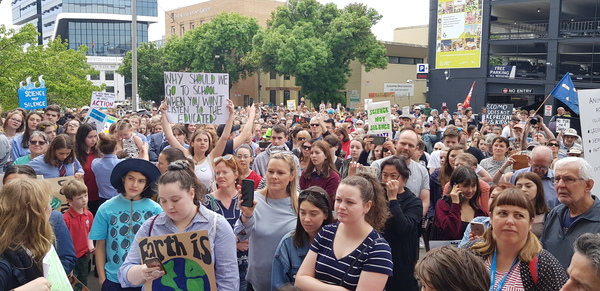Bullying has affected one in six teens aged 15 to 19 in greater Geelong during the past 12 months, according to a recent national survey.
Of those, almost nine in 10 reported the bullying occurred at school, TAFE or university while more than a quarter suffered bullying online.
Four in 10 of 208 Geelong respondents reported witnessing bullying in the past year in Mission Australia’s 18th annual youth survey.
The survey, which had more than 25,000 respondents nationally, questioned teens on bullying for the first time this year.
“Our youth survey confirms a concerning level of bullying which young people are experiencing or witnessing,” said Michele Leonard, the organisation’s Victorian leader.
“This is unacceptable. Bullying can cause and intensify mental health concerns, which can have potentially harmful and lasting effects on the lives of young people.
“These findings indicate that there is clearly a pressing need for better investment in programs and initiatives that promote mental health and wellbeing and combat bullying.
“A greater focus on prevention and early intervention is also needed.”
Greater Geelong teens identified mental health (40.8 per cent), the environment (34.2 per cent) and alcohol and drugs (29.1 per cent) as the top issues in Australia.
“Young people are very much aware of their own mental health and they can see it is a predominant issue here in greater Geelong and right across Australia,” Ms Leonard said.
“These results also show us that young people in greater Geelong and right across Australia are deeply concerned about a range of important issues.
“The growing public dialogue and experience of issues, such as climate change concern, extreme weather events, bushfires and drought, are clearly affecting young people’s view of Australia.
“Feeling overlooked is perhaps inspiring young people to look for other ways to be heard, such as climate strikes.
“It’s important that all young people have opportunities and forums available to them so they can share their voice and shape public affairs and policy.
“Young people’s concerns must be heeded when forming policies that affect their lives and their futures.”
The top four ‘personal concerns’ for young people in greater Geelong also related closely to mental health, Ms Leonard said.
Geelong teens identified coping with stress (51.9 per cent), mental health (40.8 per cent), school or study problems (35.3 per cent) and body image (33.5 per cent) most pressing personal concerns.
“It’s vital that young people are part of the design of programs or services for young people,” Ms Leonard.
“They are, after all, the experts in what works best to address their needs or concerns.”








